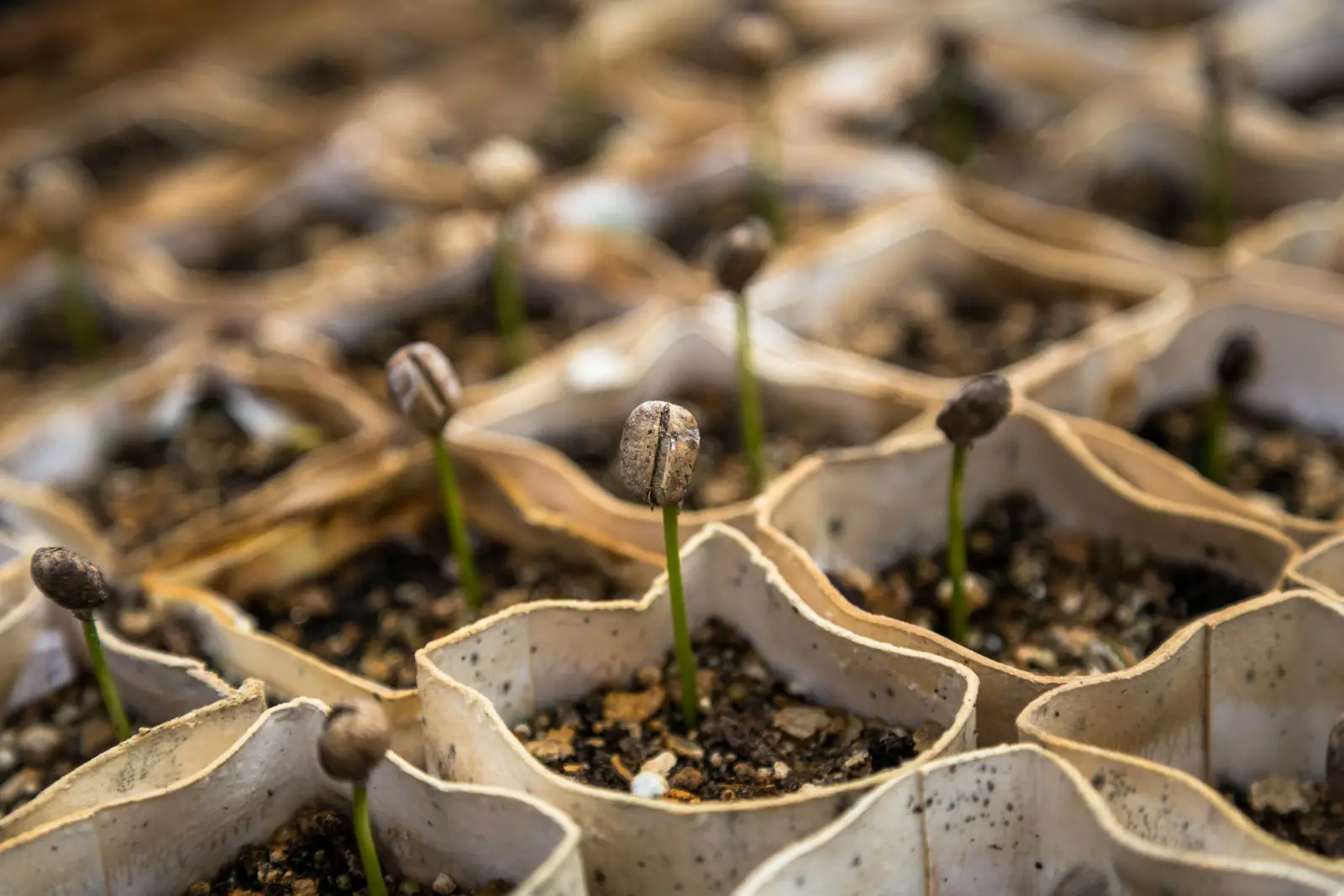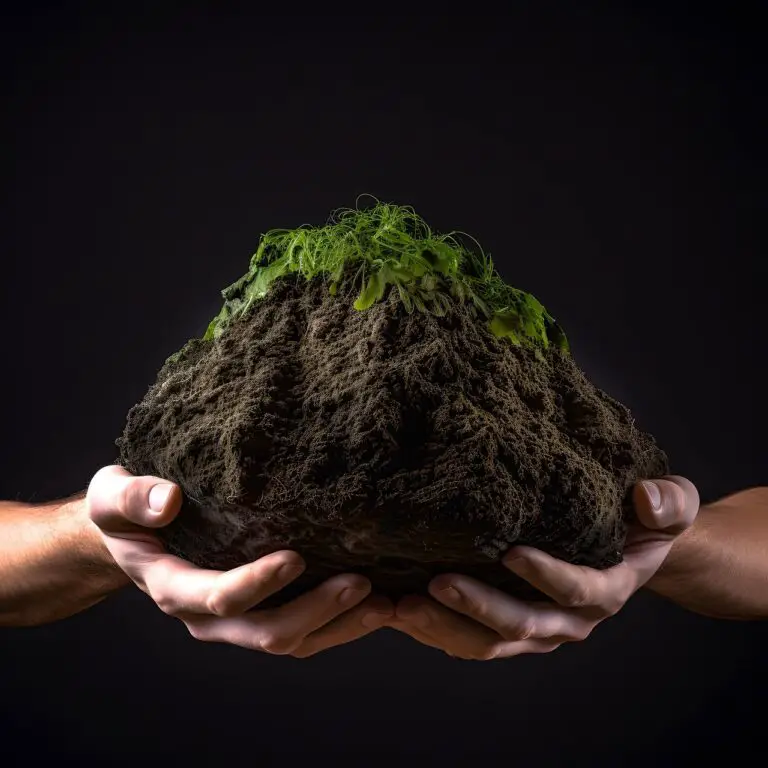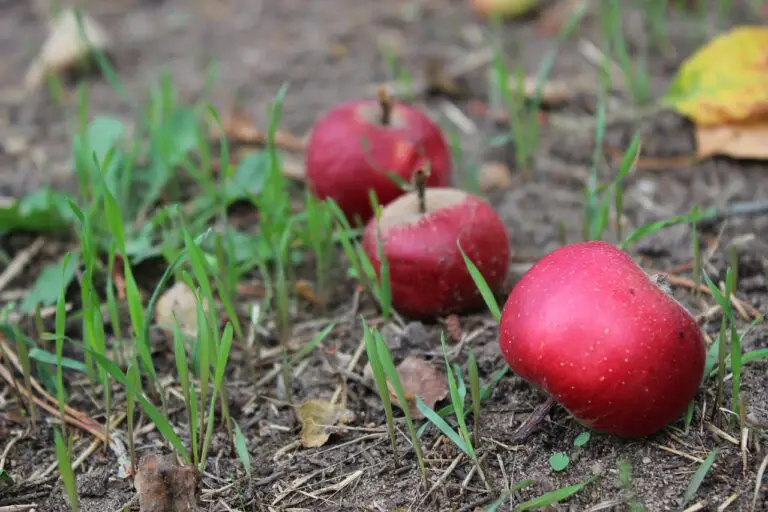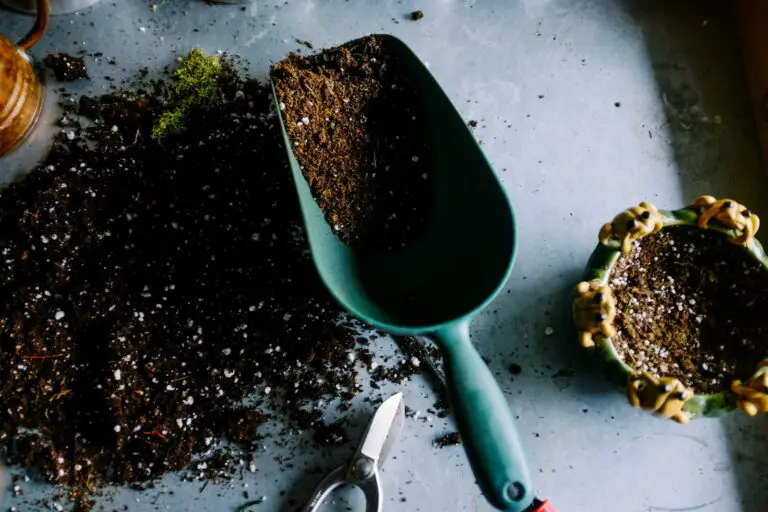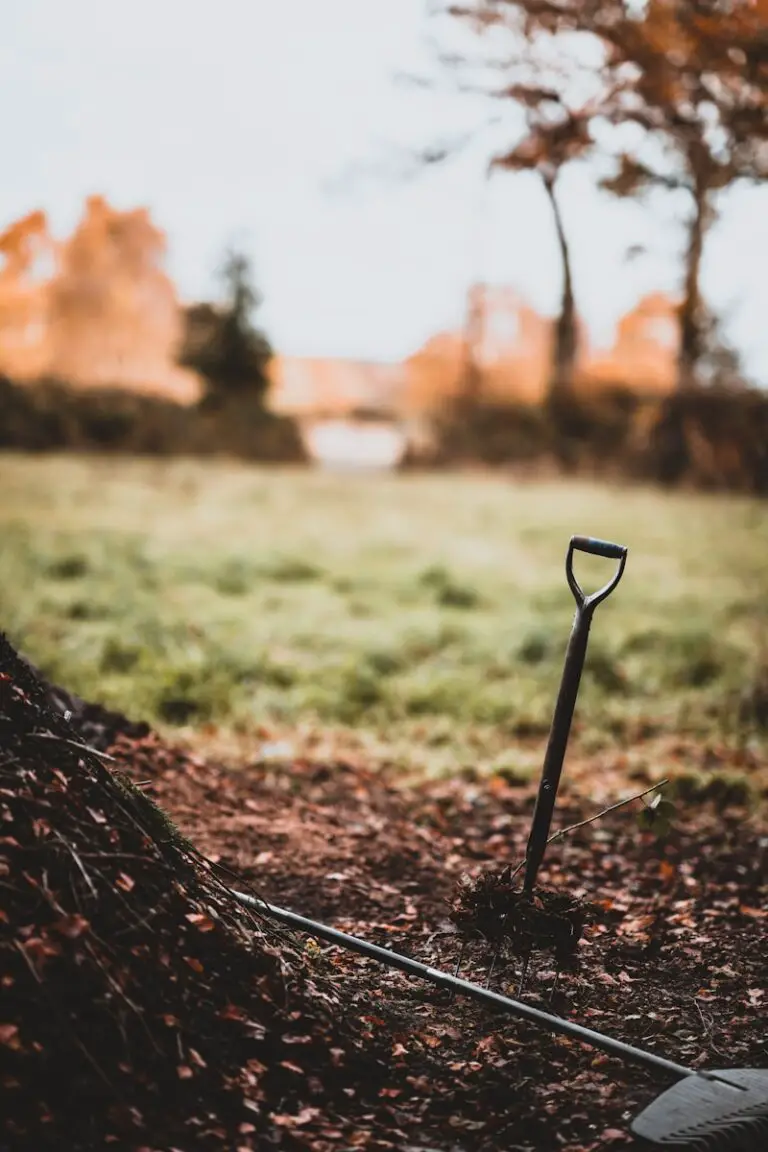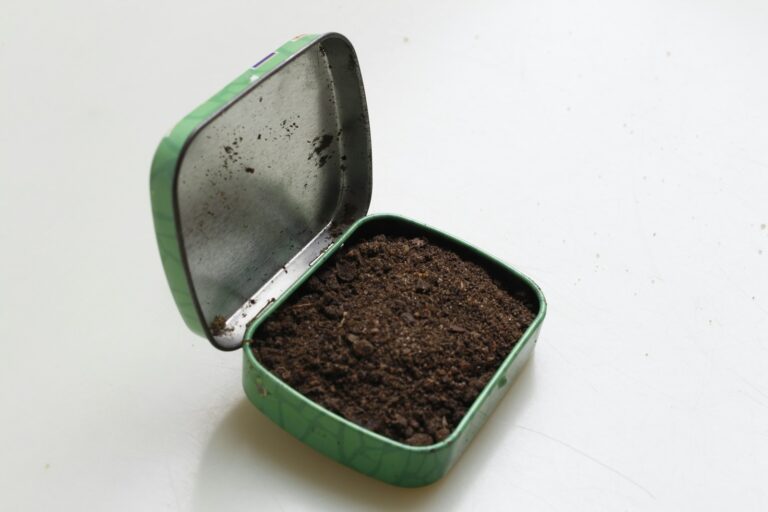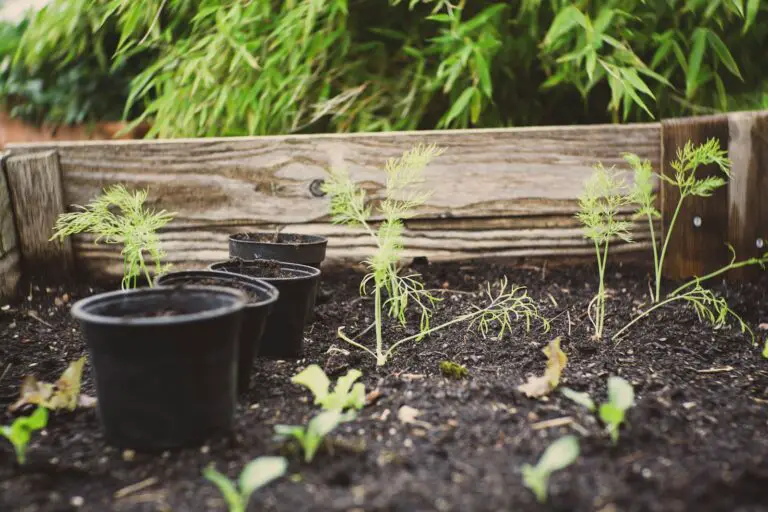Benefits of Composting for a Healthier Garden and Environment
In the eco-conscious gardener’s playbook, composting is akin to scoring a winning goal – it enriches the earth, harnesses waste into a resource, and empowers the gardener to tend to their plot with natural prowess. For those with green thumbs and an earth-friendly mindset, composting is not just a trend but a time-tested tradition that yields bountiful rewards for both gardens and the greater environment.
Composting is no humdrum task; it’s a critical aspect of the holistic relationship between humans and the earth. It embodies the essence of sustainability, turning kitchen scraps and yard waste into a nutrient-rich powerhouse that nourishes your plants from ground up. With this comprehensive guide, we will explore the multifaceted benefits of composting for garden health and the environment, offering rich insights to invigorate your gardening practice.
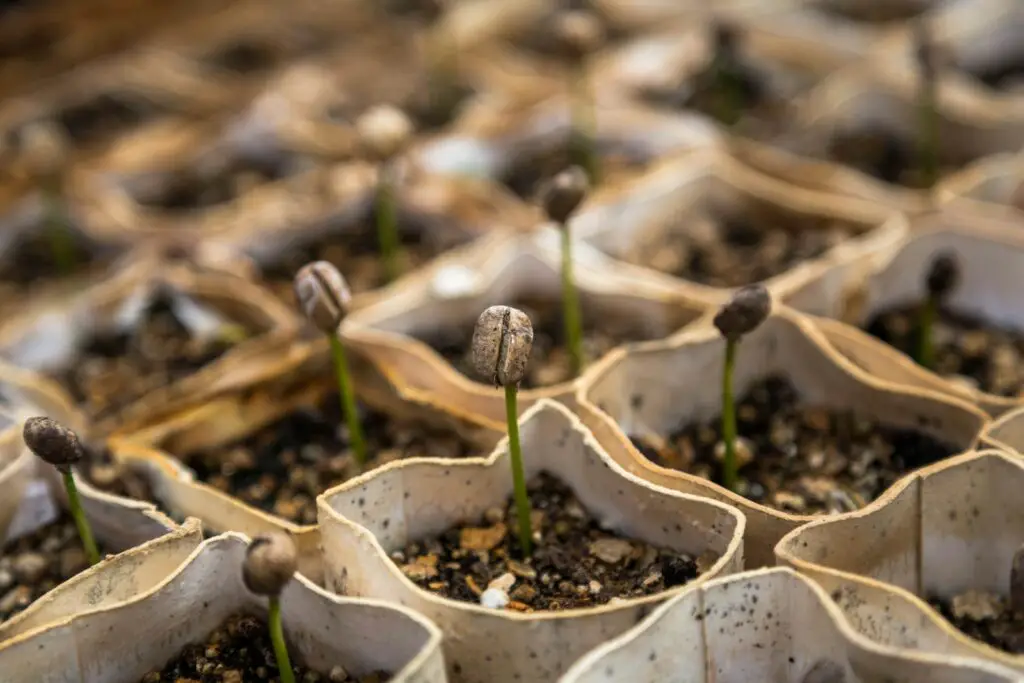
Composting Unwrapped: A Sustainable Cycle
Before we dig into the verdant benefits of composting, it’s crucial to understand what it is and why it’s vital. Composting is a natural process where organic materials decompose into a dark, earthy substance known as humus. This end product is incredibly rich in nutrients and acts as a lifeblood for your garden soil, enhancing its structure, texture, and ability to retain moisture.
At its core, composting mirrors the earth’s own way of recycling. It mimics the breakdown of organic matter – a process that can take anywhere from a few months to a couple of years, depending on the method and materials used. Composting is the epitome of a closed-loop system where nothing goes to waste, and everything is ultimately returned to the earth.
The Environmental Fortunes of Compost
Composting extends its green fingers to the global environment with a series of far-reaching benefits:
Humus as the Hero of Soil Enrichment
Humus, the nutrient-rich product of composting, is a superhero for soil. It improves soil health, boosts fertility, and encourages the growth of beneficial microorganisms. Rich in essential elements – nitrogen, potassium, phosphorus, and many others – humus is a premium, organic alternative to synthetic fertilizers.
The Circle Completed: Waste Reduction
According to the U.S. Environmental Protection Agency, yard and food waste make up over 28% of what we throw away. Through composting, we divert this waste from landfills where it decomposes without oxygen, leading to the release of greenhouse gases. By composting, we complete the cycle, reducing our carbon footprint, and contributing to a healthier planet.
Nature’s Nutrients, Not Chemicals
Compost is an all-natural fertilizer, eliminating the need for chemically enhanced soil amendments. Chemical fertilizers can lead to nutrient imbalances and soil toxicity, issues circumvented by the balanced and gentle approach of compost.
Flourishing Gardens, Sustainable Practices
Healthy gardens start with healthy soil, and compost is the catalyst that catalyzes this transformation. Here’s how compost benefits your personal garden:
Foundation of Fertility: Improved Soil Structure
Compost’s most noticeable benefit is in transforming soil structure. It reduces compaction, aids aeration, and improves water retention – all integral to growing strong, healthy plants.
Abundance in the Earth: Enhanced Plant Growth and Yield
Compost provides a slow and steady release of nutrients, feeding plants over time. This results in lusher foliage, vibrant blooms, and enhanced fruit and vegetable yields.
Guardians of the Greenery: Pest and Disease Suppression
Compost enhances the health and resistance of plants, making them less susceptible to pests and diseases. It fosters the growth of beneficial organisms that keep harmful ones at bay.
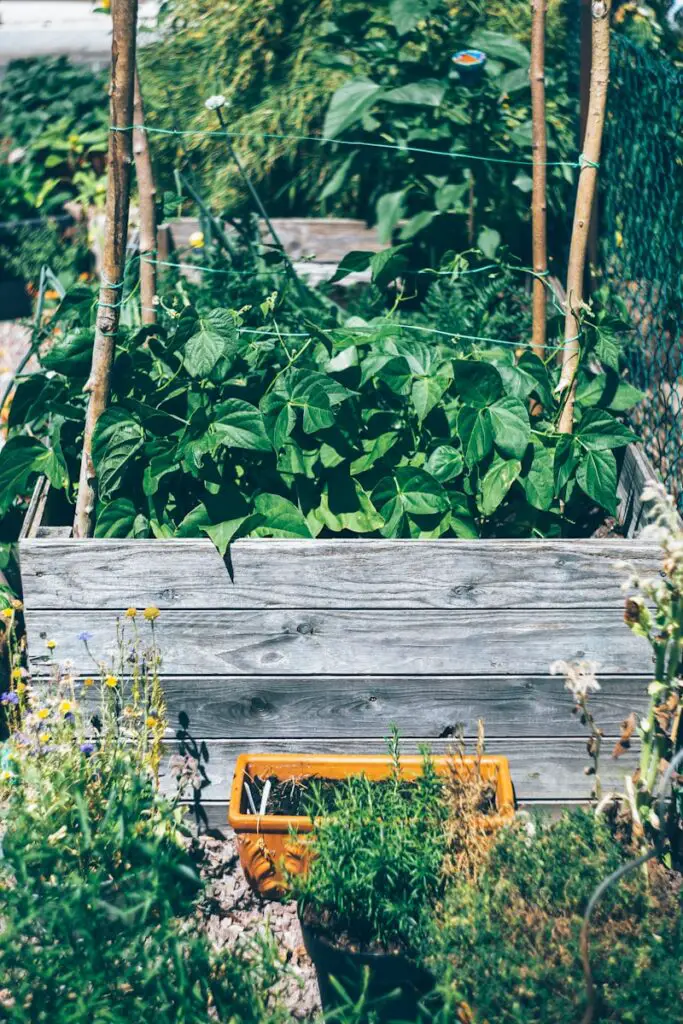
How to Jumpstart Your Composting Adventure
If you’re ready to join the composting ranks, here’s how to take the first step:
Composting 101
Understanding the basics is fundamental. Know what can and can’t be composted – fruit and vegetable scraps, coffee grounds, eggshells, grass clippings, leaves are great; avoid dairy, meats, oily foods. Ensure a proper balance of green (nitrogen-rich) and brown (carbon-rich) materials.
Choosing Your Compost Strategy
There are various methods, such as traditional heap composting, vermicomposting (composting with worms), and bokashi (composting with fermented organic matter). Each has its nuances and benefits, so pick the one that suits your space and lifestyle.
Cultivating Consciousness in the Compost Pile
For the eco-gardener, composting is but a part of a holistic approach to sustainability. It’s about creating a garden ecosystem that thrives with minimal intervention:
Tending to the Whole Earth
Consider your water use, the protection of native plants and wildlife, and the reduction of non-biodegradable waste in your garden. Sustainable practices complement composting to maximize environmental harmony.
Maximizing Compost’s Impact
Utilize your compost mindfully – by combining it with mulch, for example, you can water less, protect your plants from temperature extremes, and prevent erosion. Mixed with potting soil, compost also makes an excellent medium for container gardening.
Coda: Achieving Green Goals Through Composting
Composting is more than a technique; it’s a commitment to the earth. It presents gardeners with the power to promote positive change in the environment and enjoy the fruits – or rather, vegetables – of their labor.
The countless benefits of composting are not only for the garden but for the entire ecosystem. By composting, you contribute to healthier soils, cleaner air, and a more sustainable way of living. This is a legacy that grows with every turn of your compost pile, and one that the planet will reap, quite literally, for years to come.

